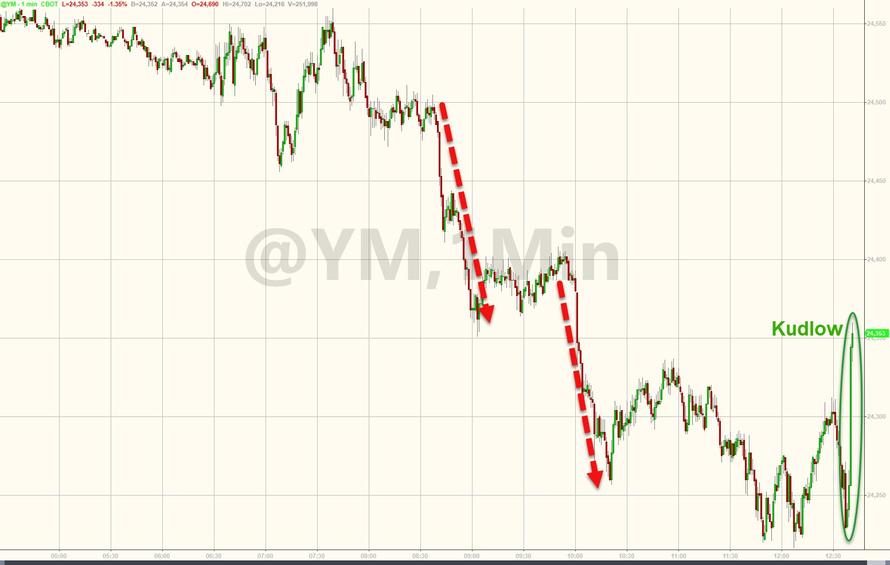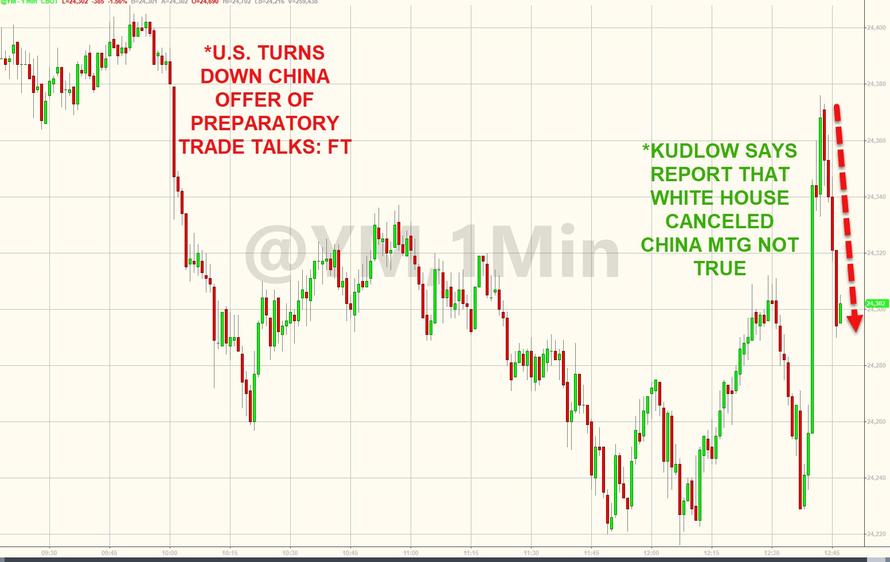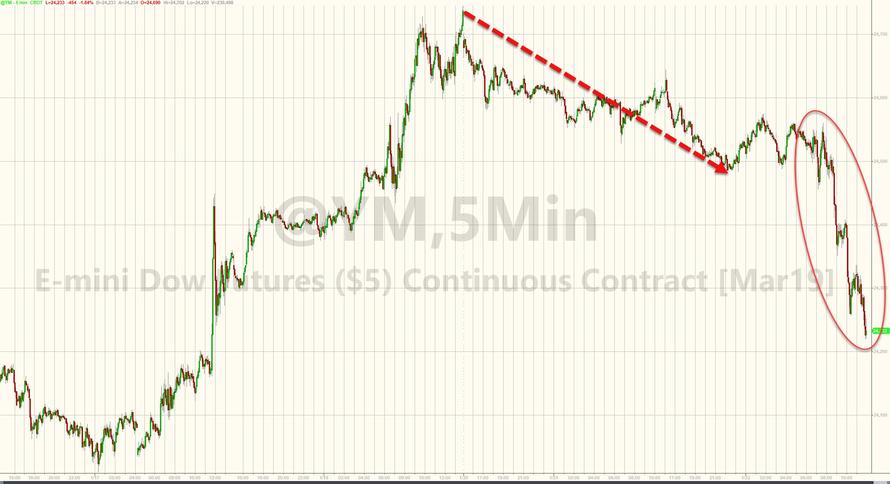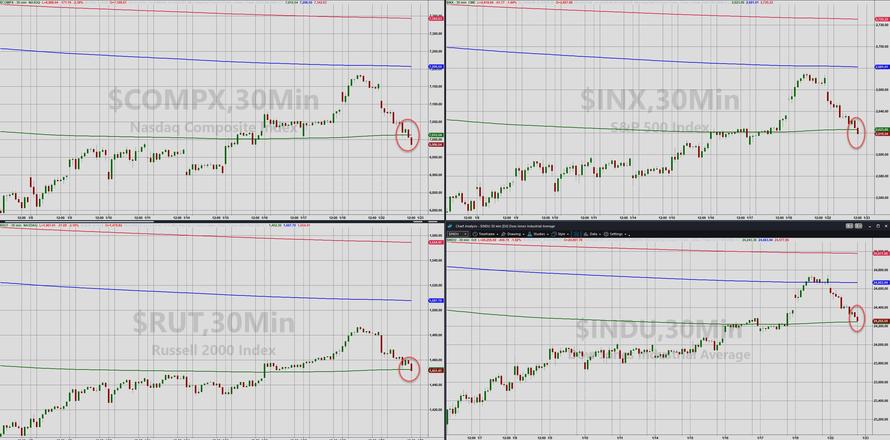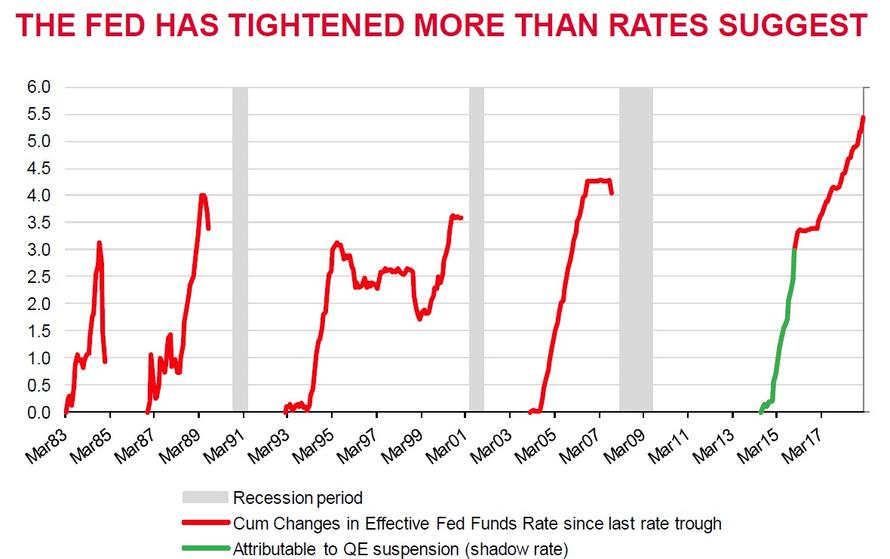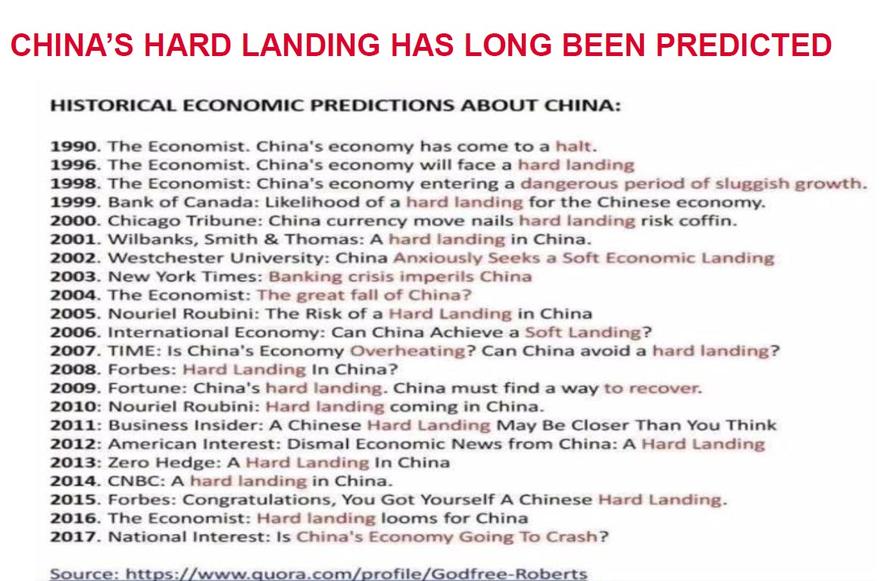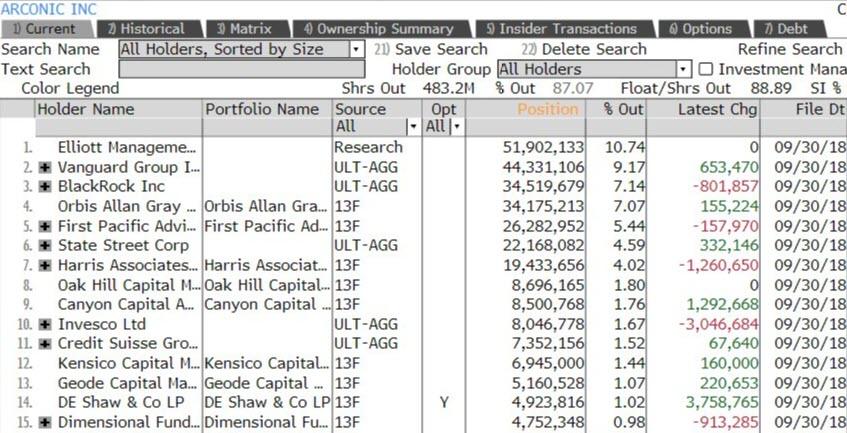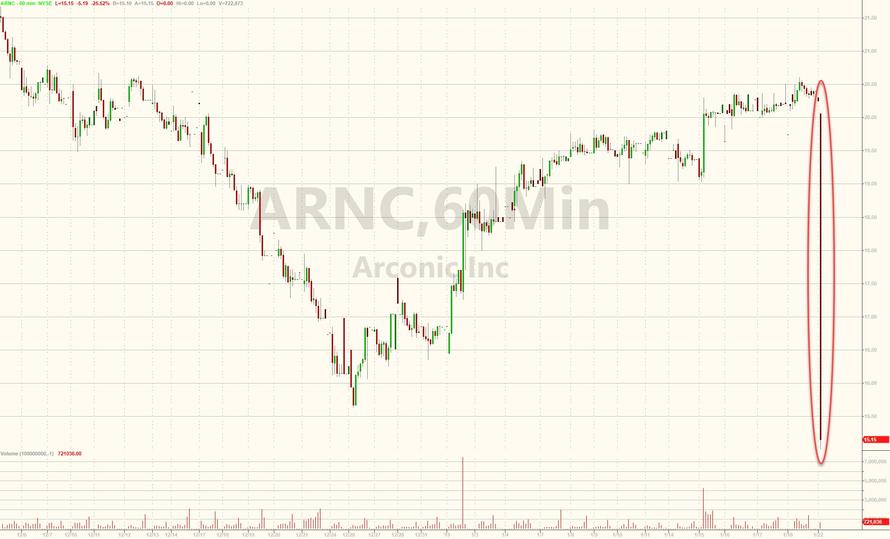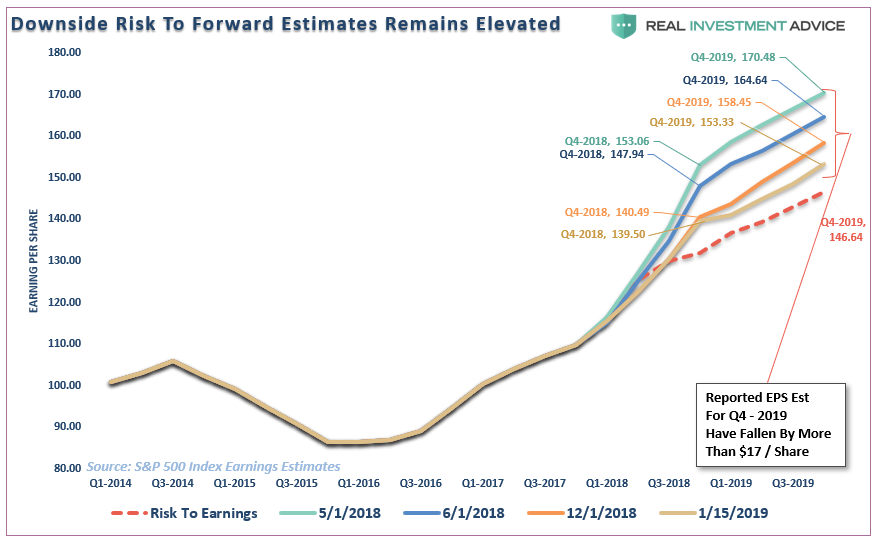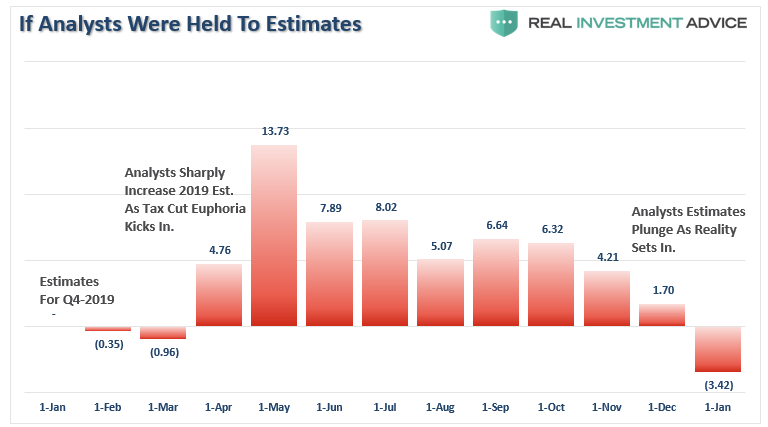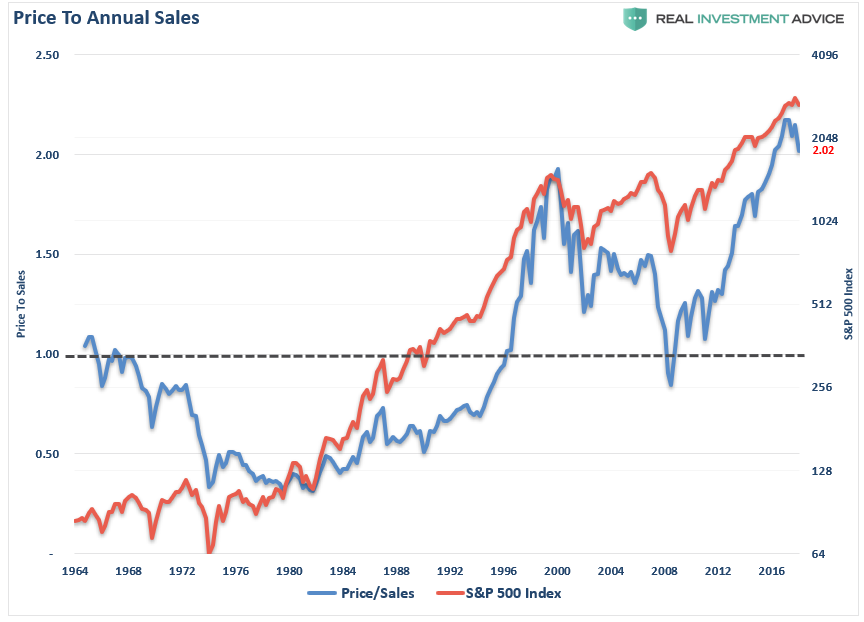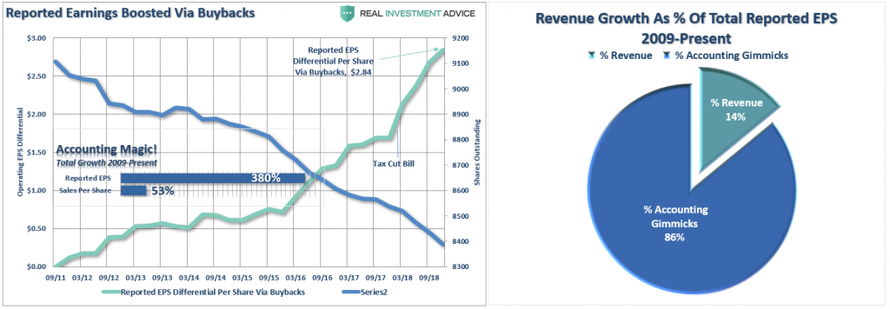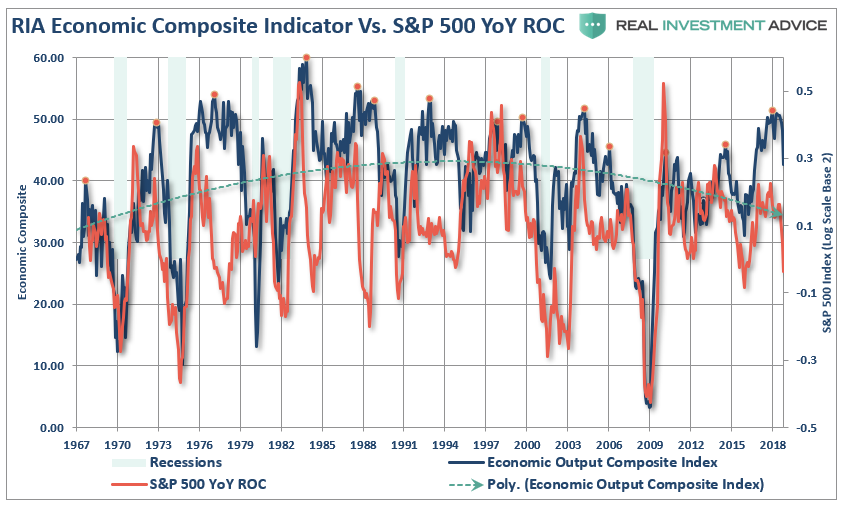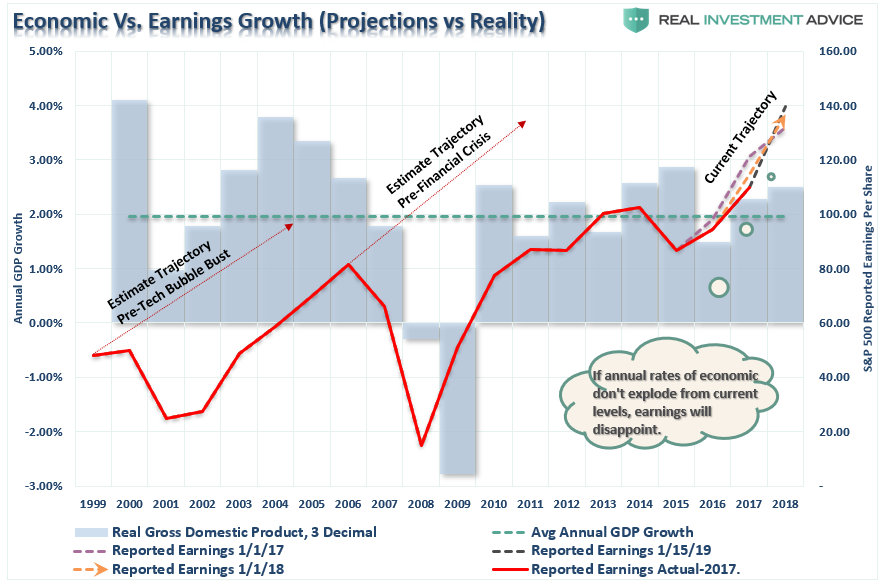Since he stopped issuing promo-tweets about ICOs (after allegedly being threatened by the SEC), one-time PC security pioneer turned crypto true believer has been relatively quiet (emphasis on relatively). To wit, he hasn’t issued any more outrageous promises about his willingness to consume a certain appendage in front of a live audience should the price of bitcoin not eclipse a certain level, and he hasn’t elaborated on an anecdote detailing his penchant for sexual congress with one of the ocean’s mightiest mammals.
Whale fucking. No joke. Each year, on Feb 1st, in the Molokai Channel, a few men compete in the world’s only whale fucking contest. Humpback whales are easy to fuck- for a second or less. World record: 31 seconds. I competed once. Almost got my ribs crushed. Stick with Ostriches.
— John McAfee (@officialmcafee) June 24, 2018
In fact, he hasn’t said much of anything that would be considered headline-worthy. That is, until today.
In a video published on his twitter account, McAfee, who famously fled from murder charges brought by authorities in Belize, revealed to that he is officially on the lamb after a grand jury was allegedly convened in Tennessee to pursue unspecified federal tax charges against McAfee and his family.
But don’t worry, McAfee fans. Because he isn’t giving up on the battle against tyranny. Which is why he will be waging his ‘McAfee 2020’ campaign in exile…from his boat.
But why exactly is the federal government coming after McAfee? Well, this might be one explanation: According to McAfee, for the last eight years, he has refused to pay federal income taxes. The government’s decision to prosecute himself, his family and – according to McAfee – several of his campaign workers – is just the latest indication that McAfee’s prophesy about cryptocurrencies eventually leading to conflict with governments is finally becoming a reality.
“Cryptocurrency will at some point come head to head with government. Why? Because when privacy coins are widely used, governments will no longer be able to collect income taxes. This is a good thing. We will some day be at war.”
But the government’s reason is flawed, McAfee says, because refusing to pay taxes isn’t actually illegal (according to McAfee).
“I have not paid taxes for eight years, I have not filed returns…I’ve been fine. It’s not illegal. Today…Jan. 22…the IRS has convened a grand jury in the State of Tennessee to charge myself, my wife Mrs. McAfee and four of my campaign workers with unspecified IRS crimes of a felonious nature.”
After piercing the government’s transparent ruse, the true motivation behind McAfee’s persecution should be obvious to all. The government is trying to silence McAfee for having the courage to boldly advocate for people to abandon fiat currency and switch to crypto. But rather than simply allowing the government to toss him in prison (where he presumably wouldn’t have access to twitter), McAfee is taking his battle to the high seas.
“They want to silence me. I will not allow that. So I am running my campaign in exile on this boat for the duration…I will not allow them to imprison me and shut my voice down, which they will do immediately. Why? I am a flight risk – obviously, I am in flight.
“I will be putting out videos every day to explain what has happened.”
We’re very much looking forward to hearing more from McAfee, soon to be the first presidential candidate to run for higher office while remaining a fugitive from justice.
Call him the Dread Pirate McAfee.
The McAfee 2020 Campaign is, as of this day, in exile. I am being charged with using Crypto Cuttencies in criminal acts against the U. S. Government. More videos coming shortly. Stay tuned. pic.twitter.com/C75zcbnKTD
— John McAfee (@officialmcafee) January 22, 2019
But where is McAfee going to seek refuge from the tyrannical US government? Why to Venezuela, of course!
The flybridge on our boat makes it the tallest boat in the Atlantis Marina. One of our shephars, Axel, has taken charge of the aft deck docking station. He’s waiting, i think, until we disembark for Venezuela in 4 hours at which time he and the other pups are hijacking the boat. pic.twitter.com/BoaCMUZASK
— John McAfee (@officialmcafee) January 22, 2019
And he’s bringing a few campaign workers with him.
Videographer @Thefotoking in Nassau on a Crypto friend’s yacht on our way to Venezuala. Robert will be documenting my campaign for the next 21 months. pic.twitter.com/ljEw9OQNEp
— John McAfee (@officialmcafee) January 22, 2019
We imagine President Maduro will welcome McAfee with open arms, if only for his crypto expertise.
via ZeroHedge News http://bit.ly/2WiWZgK Tyler Durden
